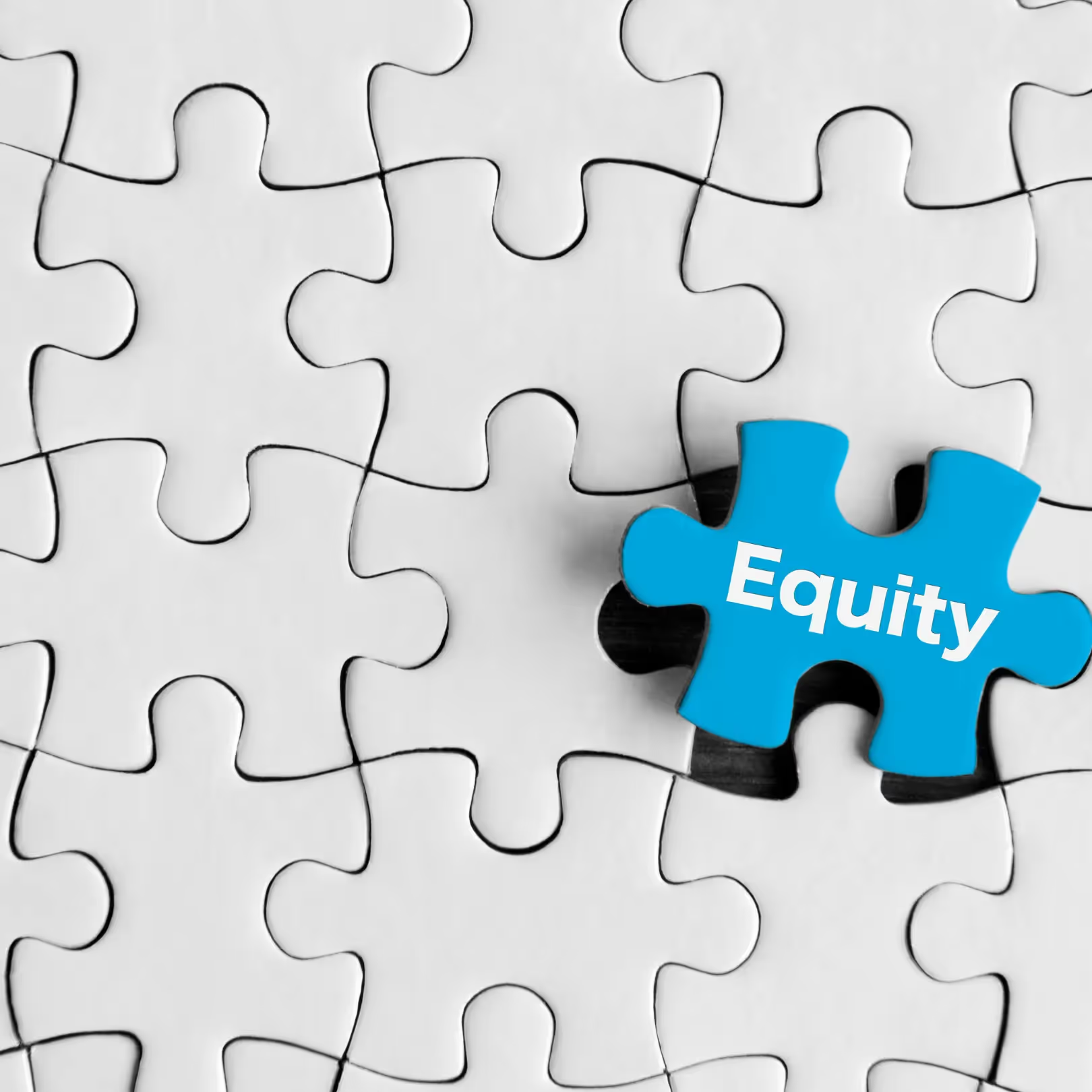Four Lessons from Neuroscience to Become a Stronger Team Leader
January 13, 2025

I love neuroscience.
When I first started learning about it, I immediately saw so many applications to coaching. It transformed my approach (and resulting impact).
When I became a team leader, I found endless ways to apply my learning to that sphere as well.
Here are four lessons from neuroscience that will help you become a stronger team leader:
🧠Our brains contain “mirror neurons,” which means that we pick up on each other’s emotions.
Why this matters: Within a hierarchical organization, people are more susceptible to the emotions of the person who holds positional power. If you feel agitated, impatient, or scattered during a team meeting that you’re leading, people will feel that. They might experience those same emotions, or just feel anxious because they can’t pinpoint what’s going on. On the flip side, if you show up as calm, grounded, energized, and courageous, people pick up on that also.
Pro tip: Dedicate time to cultivating self-awareness and learning strategies to process and shift your emotions.
The payoff: You can have a tremendous impact on your team simply by showing up in an open, curious, compassionate state of mind.
🗨️Oxytocin promotes connection between people; we need to feel connected to each other to learn and take risks.
Why this matters: Our bodies produce oxytocin when we listen to each other speak about our life experiences.
Pro tip: Include 5-7 minutes of storytelling at the start of each team meeting.
The payoff: Oxytocin will flow, and people will feel more deeply connected to each other.
🦁Our brains and bodies don’t distinguish between a threat to our ideas or identity and a threat to our physical safety.
Why this matters: When we feel like who we are is being attacked, we respond physiologically in the same way as if we were being chased by a lion. In short, what happens is that we stop thinking about anything other than survival, which is not an optimal mindset to be in if we’re trying to analyze student data or make decisions about the master schedule.
(You can read more about this on pages 123-125 of Coaching for Equity.)
Pro tip: Teach your teams to have healthy conflict with each other, conflict in which people see each other, listen to each other, and disagree with ideas.
The payoff: Thriving teams = thriving schools.
🪫Be intentional about where you want people’s cognitive energy to go.
Why this matters: The brain requires a tremendous amount of energy and must conserve it as much as possible. I have observed many team meetings in which people are asked to do activities that are not directly aligned with the meeting or team’s goals and that are draining.
Pro tip: Be sure that when you ask people to do something (read, listen, talk about), it’s worth it.
The payoff: Team members who feel respected and respect expectations for engagement.
Leading teams of adults is hard work. And you can be great at it.
Keep Learning:
- Get content just like this sent straight to your inbox by subscribing to our Weekly Wisdom Newsletter
- Speaking of neuroscience, did you know that intention can be a placebo?
- Unlock your leadership potential by attending our Art of Coaching Teams Workshop

.avif)
.avif)











